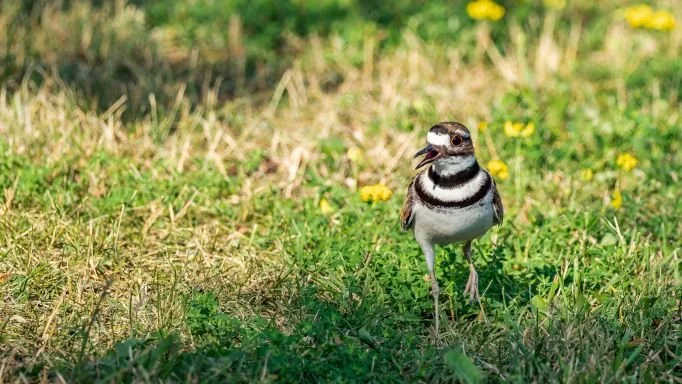"Christmas is Like God Sitting Down at Your Kitchen Table"
/The enduring significance of Christmas is that it represents the most distinctive feature of the Christian faith—the belief that God took human form in Jesus. "And the word became flesh and dwelt among us, full of grace and truth."
We have all seen sunsets. At the end of a day we have all watched the sun inch lower and lower until it touches the earth. In a far more personal way, Christmas is when another Son touches the earth. Christmas is when God came down from his heavenly home into this world of mangers and mismanagement, of shepherds and stress, of wise men and war, of stars and stupidity, of hope and homelessness, of angels and anger, of loving parents and unloving prejudice. Because of Christmas, heaven is no longer some place "up there," while earth is "down here." The birth of Jesus broadcasts to all who will listen that there is now a permanent link, an everlasting connection, between God and humanity. John stated it best in his Gospel when he wrote, "And the word became flesh and dwelt among us, full of grace and truth."
All of which is to say that Christmas is very personal. The Rev. Tom Tewell, the former pastor of Fifth Avenue Presbyterian Church in NYC, liked to say that "Christmas is like God sitting down at your kitchen table." "And the word became flesh and dwelt among us, full of grace and truth."
Throughout history, in a variety of ways, God's message was that he loves us. But throughout history, people never fully understood what God was saying. So, finally, God wrapped all the words and all the truth about himself in swaddling clothes. Finally, God came as a person with flesh and bones and muscles and blood. "And the word became flesh and dwelt among us, full of grace and truth."
And ever since that time there have been a growing number of men and women, teenagers, and boys and girls, on every continent, in every nation, speaking every language, who, after hearing or reading about Jesus, have said, "If God is like that, then I will serve him until I die; and if a person can be like that, then that is the kind of person I will strive to be."
It has been said that a good example is worth a thousand words. And that is what happened in Bethlehem. On Christmas day God came to earth in the person of Jesus thereby communicating, once and for all, who he is and what he calls us to be. "And the word became flesh and dwelt among us, full of grace and truth."
by Rev. David Bach, Pastor Emeritus (1973-2015)






